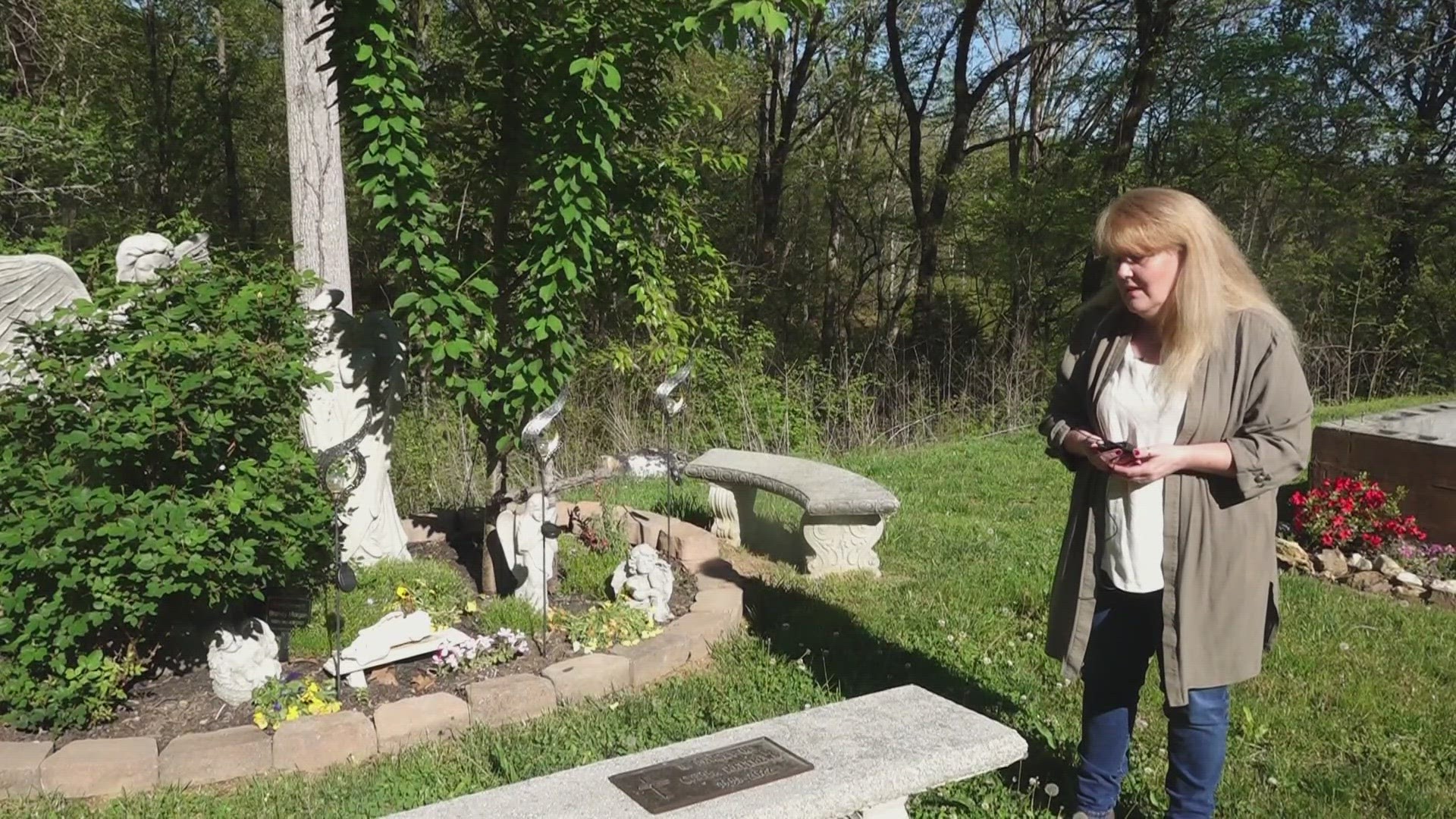KNOXVILLE, Tenn. — A 52-year-old man was convicted of second-degree murder and sentenced to 15 years in prison Thursday after he was accused of supplying the fentanyl that led to the death of his 26-year-old wife.
Wesley Allen Lacey, 52, was accused of giving Cierra Matthews the drugs that killed her at a motel in April 2022. Lacey told a detective that he gave her the drugs and said he had bought them from another dealer, according to the District Attorney's Office.
Cierra's mother, Christy Collins, is now seeking justice by warning people about the dangers of fentanyl and trying to prevent more people from overdosing. She said before she died, her daughter was trying to recover from addiction.
"She wanted out, she told me she wanted to leave her husband so she wouldn't have to be in that lifestyle anymore. She went to meet him and told him, and he gave her what she thought was heroin," said Collins. "I lose her every day, even though she died two years ago. It's every day for me."
She said after Cierra died, she began seeking justice.
"When I seen her gone, I promised her that I would get justice for her," she said. "I did the case. I had to request all the records, I requested the 911 transcript, the 911 audio, the autopsy, hospital records, EMS reports, and then I had to befriend him and record everything."
The Metro Durg Coalition said that fentanyl is a problem that's only worsening.
"We are seeing a rise of fentanyl in our drug supply, and also, we are seeing a rise in the illicit fentanyl overdose deaths as well. It's driving the overdose epidemic at the moment," said Jessica Stanley, a regional overdose prevention specialist at MDC. "We distribute fentanyl test strips here at the Metro Drug Coalition. They are free to the community, and that is what they are for. They are for people who are using substances to be able to test those substances and see if fentanyl is in them."
The District Attorney's Office said fentanyl has been the most common drug found in overdose deaths in Knox County for around eight years.
"Even if your child is not an addict, get involved. Spread the word, because if it's not your child, it will be someone else's child," said Collins.

